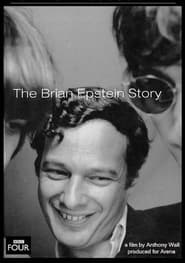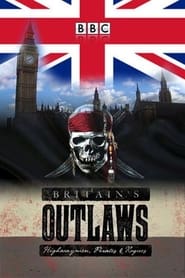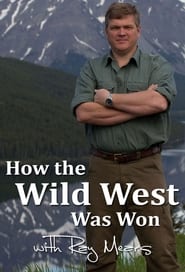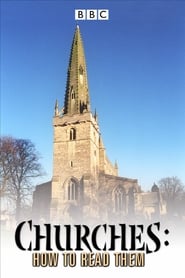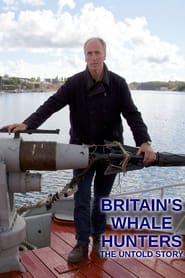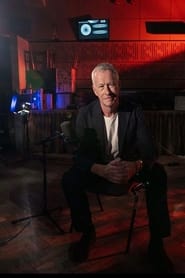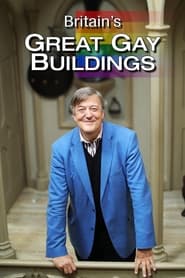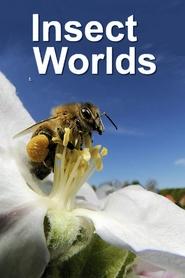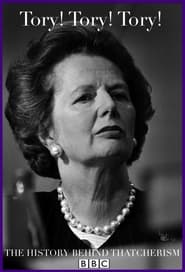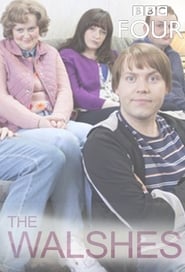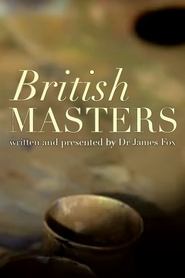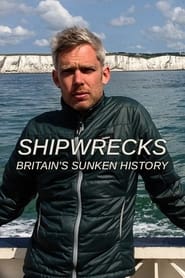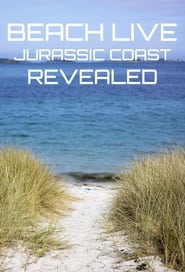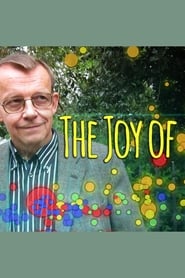Bbc Four TV Series - Page 17
-
The Classical Collection
2022
A selection of memorable performances of classical music from the BBC's archives. -
The Brian Epstein Story: The Sun Will Shine Tomorrow Part 1
0000
star 5Documentary on the life of Brian Epstein, the man who brought The Beatles to fame. First in a two-part documentary examining the turbulent life and career of Beatles manager Brian Epstein. Gay when homosexuality was illegal, a gambler, shopkeeper and failed actor, he was also pop king with a Midas touch who, in the 60s, was as well known as the band he managed. -
How It Works
2012
-
Britain's Outlaws: Highwaymen, Pirates and Rogues
2015
Dr Sam Willis charts the history of the British outlaws. -
How the Wild West was Won with Ray Mears
2016
Bushcraft expert and survivalist Ray Mears explores the awe-inspiring landscape of that shaped the story of the Wild West. ... Discover how extraordinary topography, extreme weather and ecology presented both great opportunity and even greater challenges for Native Americans and early pioneers of the Wild West. -
Britain's Whale Hunters: The Untold Story
2014
Adam Nicolson looks at how and why whale populations were so drastically reduced in the 20th century, and attempts to see whaling through the eyes of the time. -
This Cultural Life
2021
This Cultural Life
2021
John Wilson speaks to leading names in art and culture about their formative influences and inspirations. -
Britain's Great Gay Buildings
2017
star 87 celebrities champion 7 buildings that have played a key role in helping to define Britain's gay history. Presented by Stephen Fry. -
Insect Worlds
2013
Insect Worlds
2013
Steve Backshall explores the world of insects and their close relatives, the arachnids and crustaceans, in order to find out more about their habits and secrets. -
Tory! Tory! Tory!
2006
Tory! Tory! Tory!
2006
Tory! Tory! Tory! is a 2006 BBC television documentary series on the history of the people and ideas that formed Thatcherism told through the eyes of those on the New Right. It was nominated for the best Historical Documentary at the Grierson Awards in 2006. -
How to Get Ahead
2014
How to Get Ahead
2014
What you had to say, do and dress in order to get ahead at various times in history -
Why Poverty?
2012
-
The Walshes
2014
star 8.3The show follows the Walshes, a tight-knit family living in the fictional West Dublin suburb of Strollinstown. -
British Masters
2011
British Masters
2011
British Masters is a three-part BBC television series on 20th century British art, presented by Dr James Fox and first broadcast in July 2011 on BBC Four. The series covers the period from 1910 to 1975. The first programme explored the lives and works of Mark Gertler, Lawrence Alma-Tadema, Walter Sickert, Wyndham Lewis, Lawrence Atkinson, David Bomberg, Richard Nevinson, Paul Nash and Stanley Spencer. The second programme explored the works of John Nash, Stanley Spencer, Alfred Munnings, William Coldstream, Paul Nash and John Piper. In the third programme, subtitled 'A New Jerusalem,' Fox explored British art in the aftermath of the 2nd world war, and examined the works of Lucian Freud, Graham Sutherland, Francis Bacon, Richard Hamilton, David Hockney and Keith Vaughan. In this final programme of the series Fox explored how the themes of evil, brutality, dehumanisation, consumerism and optimism can be seen in the works of these postwar artists. Fox contends in this programme that the death of Lucian Freud and the -
Locomotion
1993
Locomotion
1993
This television documentary in four episodes features interviews, archival footage, and scenery to trace the history of railroads from Victorian England to high-tech Japan. -
Shipwrecks: Britain's Sunken History
2013
Maritime historian Dr Sam Willis looks at how and why the shipwreck came to loom so large in British history. -
Mozart Uncovered
2004
Mozart Uncovered
2004
Charles Hazlewood and a period instrument orchestra delve deeper into Mozart's music in programmes immediately following BBC Two's Genius of Mozart series. -
Beach Live: Jurassic Coast Revealed
2018
Dan Snow and wildlife experts Lucy Cooke and Niall Strawson uncover historical, geological and wildlife treasures live from the Jurassic Coast in Dorset. -
The Joy Of...
2012
The Joy Of...
2012
A witty and stimulating look at Chance, Logic, Data and Statistics and the roles they play in our lives.

